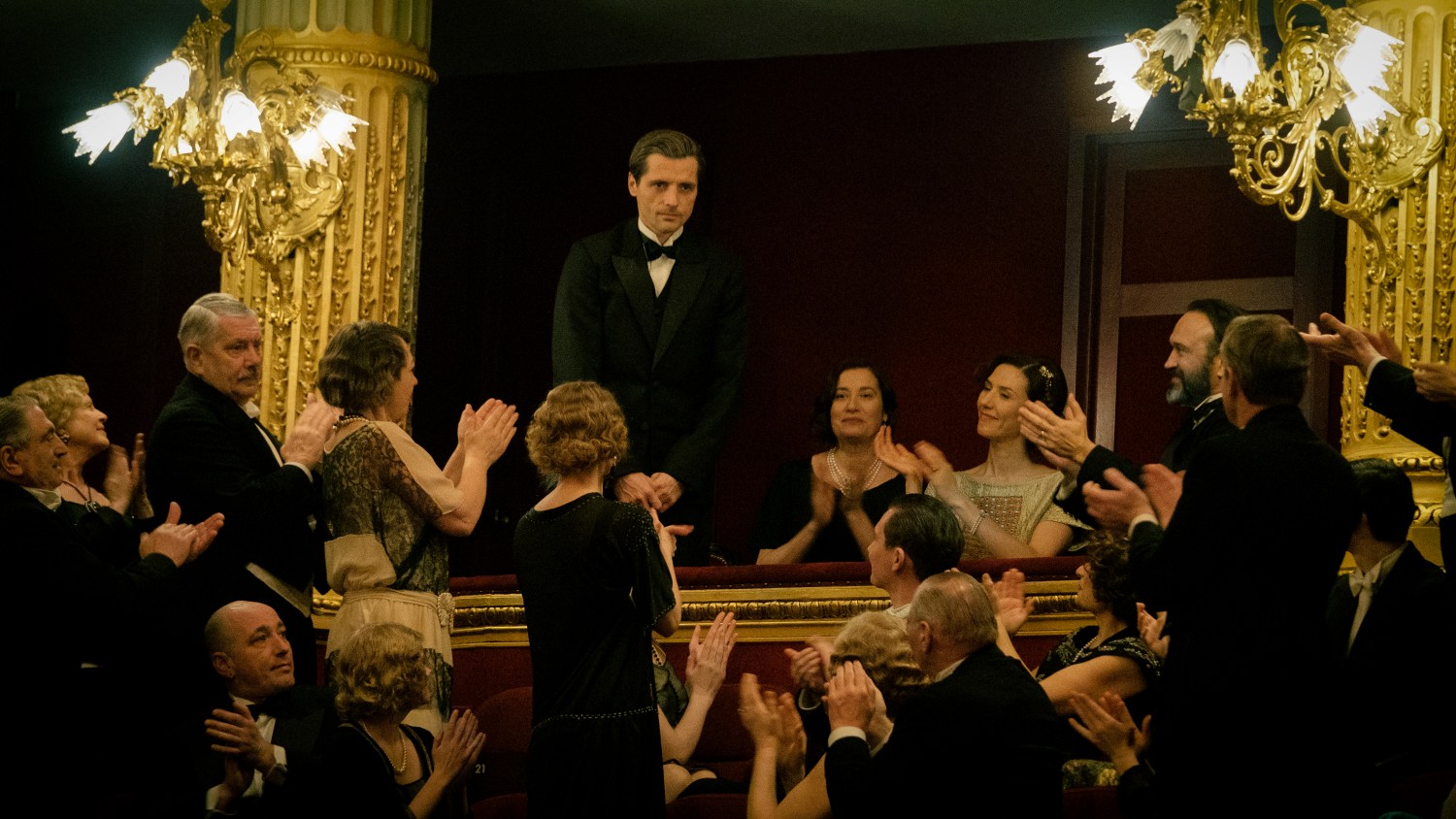by Helen Barlow
There is nothing like seeing Maurice Ravel’s ‘Boléro’ performed by a live orchestra, even if you are not a classical music buff. But who is the man behind this 17-minute masterpiece that reaches a stunning crescendo and has been re-arranged in all kinds of music genres including rap, disco and folk music? A new film by Anne Fontaine delves into the life of the most famous French composer of the 1920s and 1930s and the creation of his 1928 piece, with the end credits noting that today, somewhere in the world, ‘Boléro’ is performed every fifteen minutes.
“There is no explanation about what you feel when you hear this music,” Fontaine says. “It’s like a metaphor for the existence of life. It begins very calm and step by step leads to the crescendo. It goes somewhere, you don’t know where, but you are like in voodoo, in a trance. And at the end, you go to death, or you go to orgasm. There is something so modern, so powerful about it. Even if you don’t like this music, it sticks on you.”
We are speaking in Paris where the 66-year-old writer-director of films including 2009’s Coco Before Chanel (starring Audrey Tautou) and 2016’s The Innocents (starring Lou de Laage) shares insights on her desire to make a film about ‘Boléro’ and Ravel, who is played by the little known but impressive Raphael Personnaz.
Why did you want to make a movie about Ravel? He didn’t really have much of a personal life and was so focused on his music.
“It’s for that reason that I like this character. It’s because he had no sex life or ordinary life. And I like the way that he’s this French genius, and he’s not able to answer the proposition to do the music for this ballet. I like the fact that he is empty with a kind of writers’ block. It was interesting for me to create the sounds and the way that he imagined this score, step by step, and to put the viewer inside of his head and be very close to him.
“But Ravel was also mysterious. We know certain things, that he adored his mother, that he went to clubs and that he was obsessed by the music he composed. I like the vulnerability of this man who was so genial yet in a difficult moment of his life.”
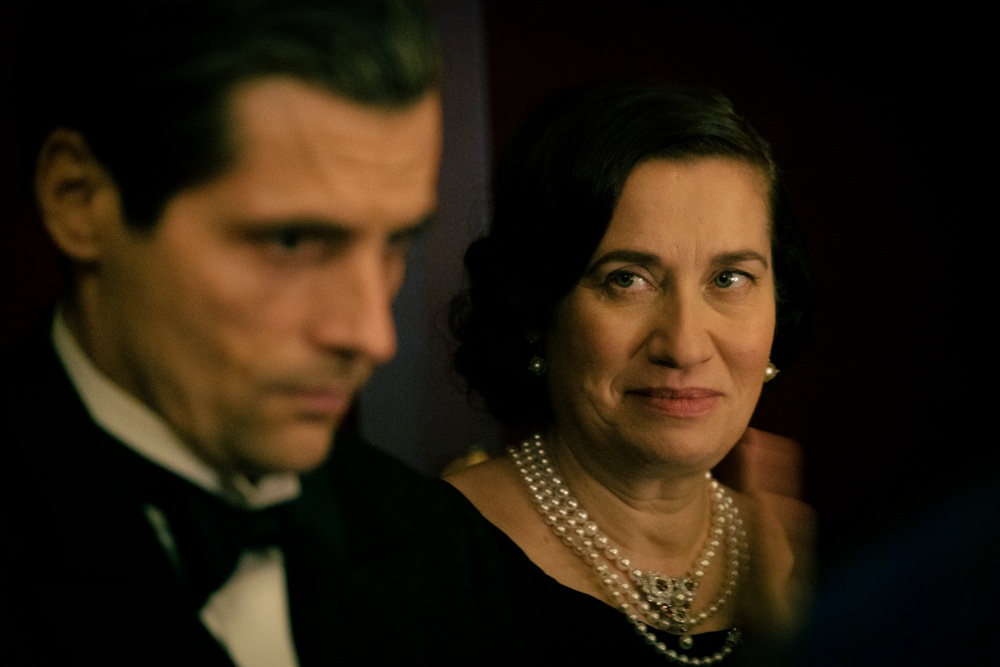
You create a full constellation of women around him.
“Exactly, each woman has a different role. Misia (Doria Tillier) has been in his life since they were young, and she is very close to him. There’s a connection through the music that he offers her, and it’s a kind of love that doesn’t go to sex. Marguerite Long (Emmanuelle Devos) is the pianist that he likes very much, and she says that ‘Boléro’ is going to bore everybody, because it’s the same rhythm. Then, she of course, discovers that it’s a great success. Ida Rubenstein (Jean Balibar) is the choreographer who commissioned ‘Boléro’ for her next ballet, and she does the dancing herself. What I like in this character is her baroque approach.”
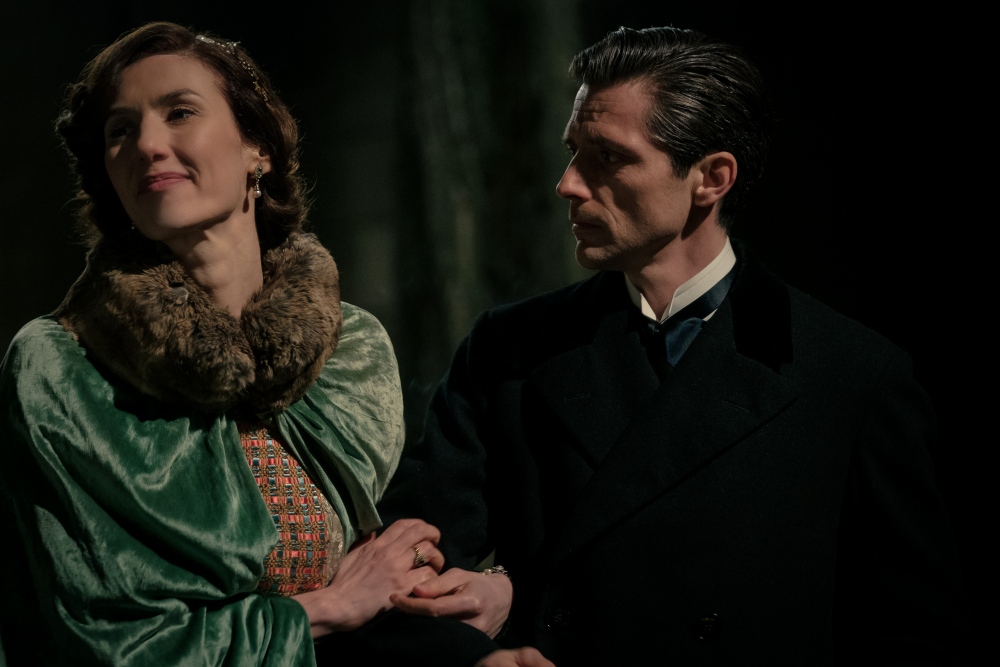
What is your musical background?
“My father was an organist and music professor, and I was always raised with classical music. We had three pianos in our apartment and one organ. When I was a child, I was obligated to play the cello for six years, and after that to play the lute. Personally, I listened to popular songs, like Pink Floyd. It was when my father died that I felt I would like to do a movie about a French composer. I like Ravel, but I’m not a specialist and I also like the idea that he had this neurological disease that gradually made him lose control.”
Was he a tortured artist?
“It’s difficult to be an artist if you’re not tortured, because you have to push yourself to find inspiration. It’s something irrational and something where you are not sure that it will happen. So, I think he was tortured, because he wanted to be perfect. That’s the problem—he was a control freak. When you are a creator, you have this kind of mentality to control everything. And sometimes, you can’t. He is upset when he sees the first premiere of Boléro, but not because of the dancing. It was about his own music. He says, ‘It’s not the music that’s interesting.’ It was a complex task.”
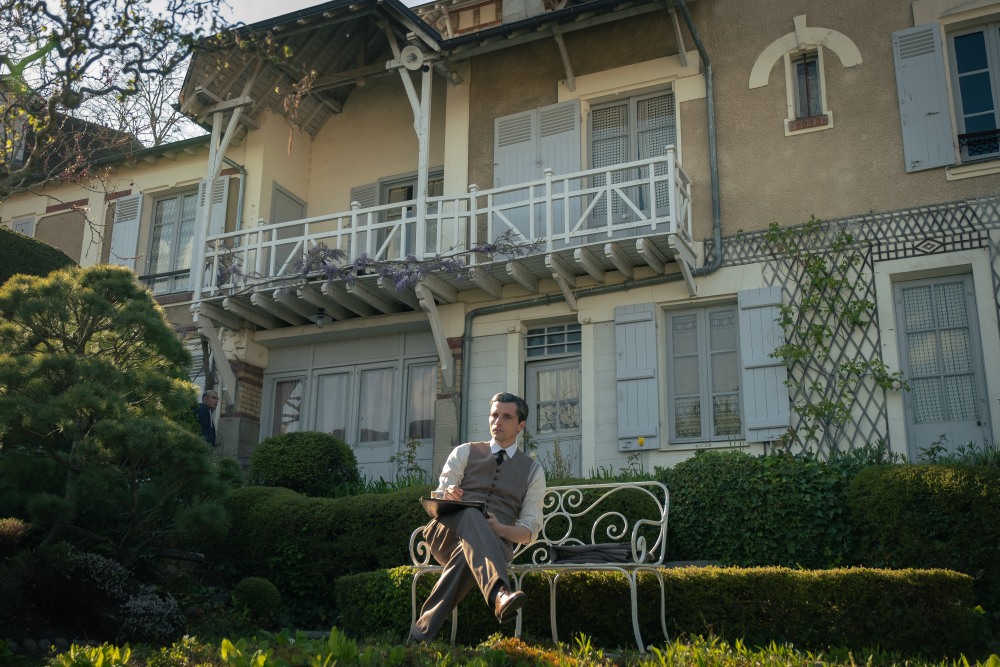
Can you talk about casting Raphael Personnaz as Ravel. He lost 10 kilos to play him and is perfect in the role.
“Ravel was very little, and Raphael’s not so little. So, I think that was a way to be closer to him. I had him play piano because he knew how, but not that well. I did tests on his face as I played the music of Boléro, because I wanted to believe from his face that he had created this music, which is a very difficult test.”
You shot in Ravel’s house, Le Belvédère in Montfort-l’Amaury where he lived from 1921 until his death and is now a museum.
“Yes, I shot in his house. Everything was chosen by him, because he was obsessed by every detail as in life’ the curtains, the paintings, the objects. It was very refreshing to do a movie inside with only three people, as the owner wanted. So, I had only the actor, the DP and the sound operator.”
Is it Ravel’s piano in the house?
“Everything is his.”
He was sick from an early age.
“I begin with the start of his sickness. He was dead at 62 and I constructed the film to show how it affected his life. It was a disease where you lose everything. It was very cruel, because he wanted to create things that he couldn’t create anymore. I like very much the sentence that he says about life when the pianist asks him, ‘What are you doing?’ He’s on the balcony of his house and he says, ‘I wait.’ It’s obviously moving, because he waits for death.”
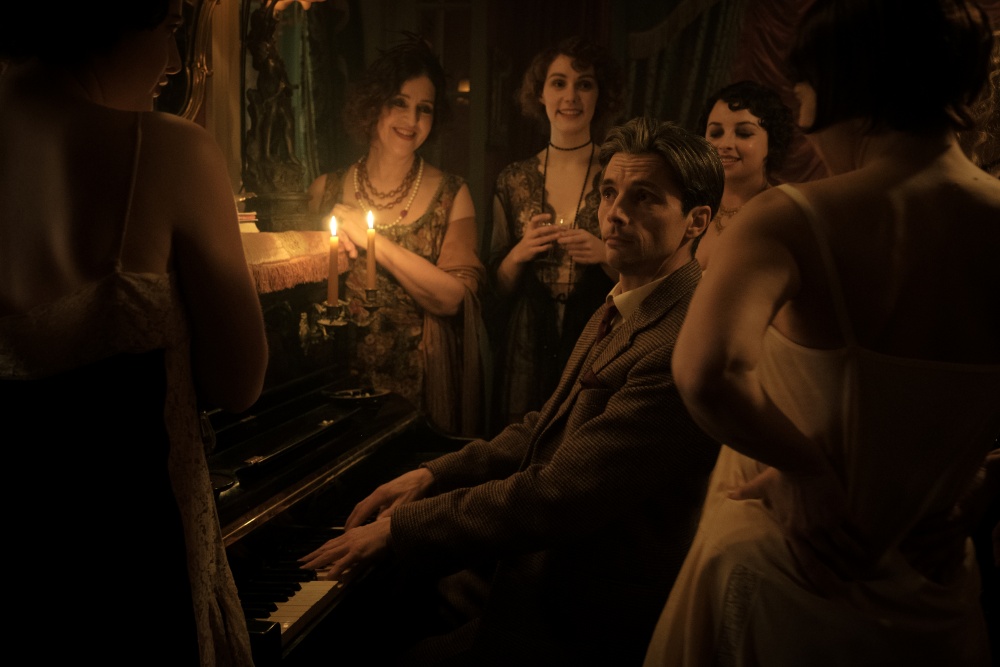
Can you imagine Ravel living today?
“Yes, yes. I say to the people who work with me that he was like a kind of Prince.”
He was a prodigy.
“Yes.”
It’s interesting that his father owned factories and that’s where the Boléro sound comes from.
“He was obsessed with the rhythm of the machines and the factory where we shot was completely 19th century. It was amazing. People are still working there. It’s an hour from Paris and everything was there. We didn’t touch anything. The club where he spends a lot of time was a house in the suburbs. We did all the décor, but the structure was from this period. We shot many things in Belgium.”
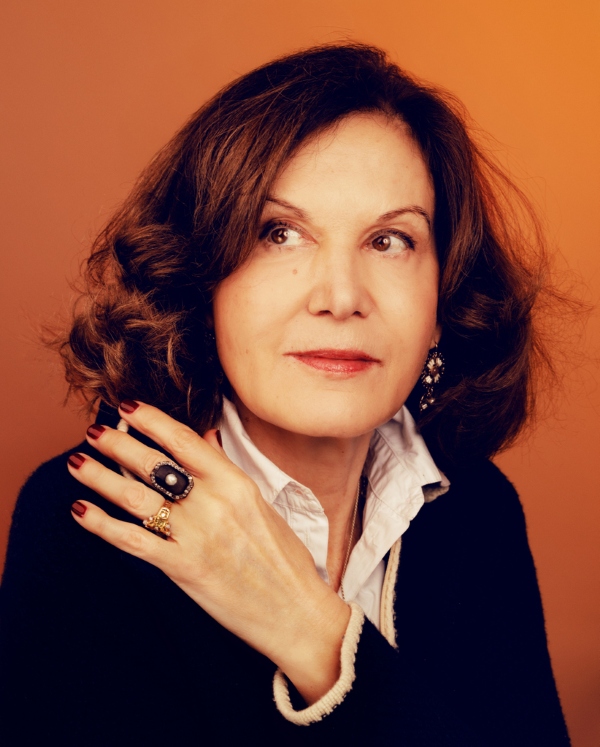 Are you completely satisfied with your life as a director? Do you miss your previous life as an actress?
Are you completely satisfied with your life as a director? Do you miss your previous life as an actress?
“Looking back, I hated being an actress. I had a good experience in the theatre, because I could control the distance between me and the viewers. But when I began to do movies, I hated the camera coming so close. I said, ‘No, no, I don’t want to show you what is inside.’ I was unable to be so aware, and I thought I was not a very good actress.”
Now you don’t hesitate to push your camera towards your actors.
“To be an actor is to abandon yourself to a part. It’s very mysterious why the camera likes one face and not another. The face may be very beautiful, but it doesn’t explore. I think it’s very complicated to be a cinema actor.”
Boléro is in cinemas from 18 September 2025



